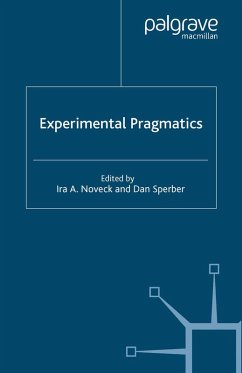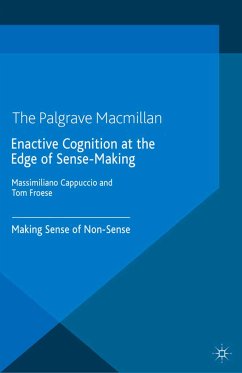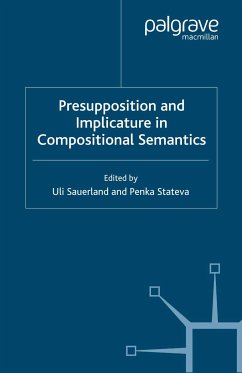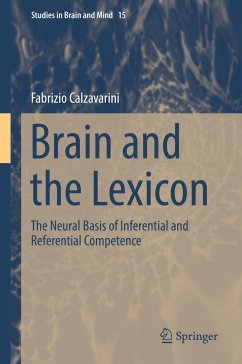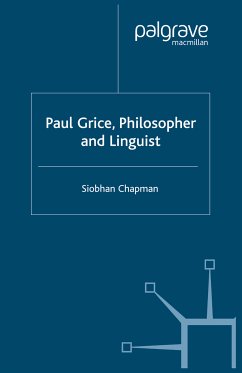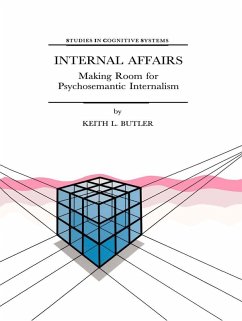ADRIAN BANGERTER Groupe de Psychologie Appliquée, Université de Neuchâtel, Switzerland JOSIE BERNICOT Laboratoire de Psychologie, Langage et Cognition, Université de Poitiers, France ANNE L. BEZUIDENHOUT Department of Philosophy, University of South Carolina, USA GENNARO CHIERCHIA, Dipartimento di Psicologia, Università di Milano-Bicocca, Italy HERBERT H. CLARK Department of Psychology, Stanford University, USA SEANA COULSON Cognitive Science Department, University of California San Diego, USA STEPHEN CRAIN Department of Linguistics, University of Maryland, USA AIDAN FEENEY Department of Psychology, University of Durham, UK OFER FEIN Academic College of Tel Aviv Yaffo, Israel FRANCESCA FOPPOLO Università di Milano-Bicocca, Italy RAYMOND W. GIBBS Jr. Department of Psychology, University of California Santa Cruz, USA RACHEL GIORA Department of Linguistics, Tel Aviv University, Israel SAM GLUCKSBERG Department of Psychology, Princeton University, USA ANDREA GUALMINI Department of Linguistics and Philosophy, MIT,USA MARIA TERESA GUASTI Dipartimento di Psicologia, Università di Milano-Bicocca, Italy SIMON J. HANDLEY Department of Psychology, University of Plymouth, UK VIRGINIE LAVAL Laboratoire de Psychologie, Langage et Cognition, Université de Poitiers, France LUISA MERONI Department of Linguistics, University of Maryland, USA ROBIN K. MORRIS Department of Psychology, University of South Carolina, USA LINDA MOXEY Department of Psychology, Universityof Glasgow, UK ORNA PELEG Department of Linguistics, Tel Aviv University, Israel GUY POLITZER Laboratoire Cognition et Usages, CNRS, Université de Paris, France ANNE REBOUL Institut des Sciences Cognitives, Lyon, France A.J. SANFORD Department of Psychology, University of Glasgow, UK JEAN-BAPTISTE VAN DER HENST Institut des Sciences Cognitives, Lyon, France
